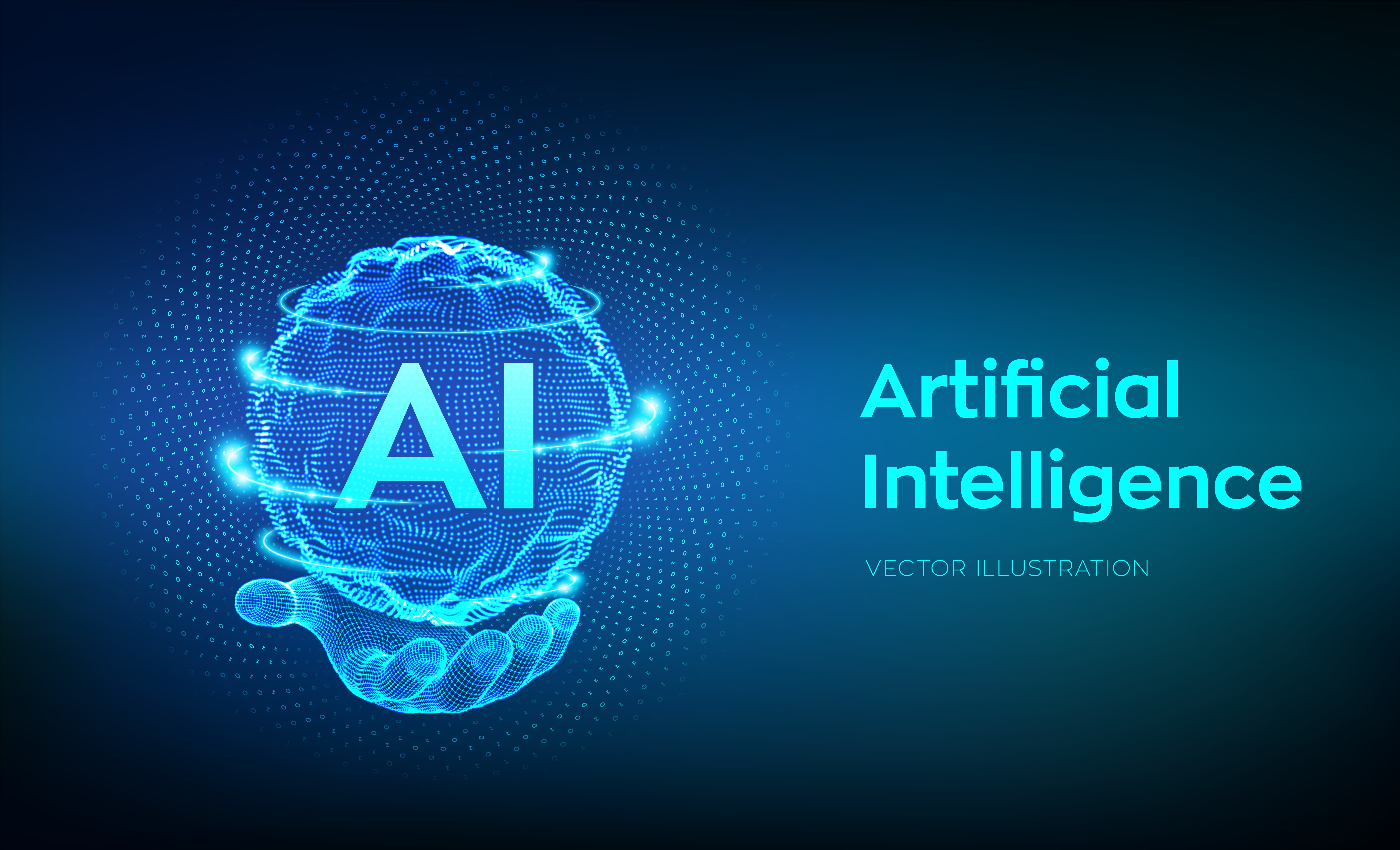The Rise of AI: Revolutionizing the Future
The Rise of AI: Revolutionizing the Future
Blog Article

Artificial intelligence, often referred to simply as AI, stands at the forefront of transformative technological innovation in the modern era. This cutting-edge field is rapidly evolving, reshaping industries, revolutionizing processes, and offering unprecedented opportunities for advancement across various sectors. From improving efficiency in businesses to enhancing healthcare outcomes, AI's impact is profound and far-reaching.
The ability of AI to mimic cognitive functions traditionally associated with human intelligence, such as learning and problem-solving, has unlocked a realm of possibilities that were once confined to the realm of science fiction. As algorithms become increasingly sophisticated and computational power continues to expand, the potential for AI to optimize decision-making, streamline operations, and drive innovation grows exponentially. As we navigate this new era of technological advancement, the integration of AI into our daily lives is becoming not just a possibility, but a necessity.
Ethical Implications
As artificial intelligence (AI) becomes more integrated into our daily lives, ethical considerations begin to take center stage. One primary concern is the potential for bias in AI algorithms, which may perpetuate and even amplify existing societal inequalities. From hiring decisions to judicial sentencing, AI systems must be carefully designed and monitored to ensure fairness and accountability.
Another ethical dilemma arises from the collection and use of personal data in AI systems. Privacy concerns loom large as AI technologies gather vast amounts of information about individuals, raising questions about consent, transparency, and the potential for misuse. Striking a balance between reaping the benefits of AI-driven personalization and safeguarding user privacy remains a critical challenge for lawmakers and tech companies alike.
Moreover, the increasing autonomy of AI systems prompts discussion around the accountability and liability of these entities. As machines make decisions that impact human lives, the question of who is responsible for AI-related errors or harm becomes paramount. Establishing clear frameworks for legal and ethical accountability in the age of AI is crucial to ensure that the benefits of artificial intelligence are realized without compromising fundamental human values and rights.
Applications
Artificial intelligence is reshaping various industries with its innovative applications. In healthcare, AI is being used for early disease detection and personalized treatment plans, improving patient outcomes. In the financial sector, AI algorithms are revolutionizing risk assessment and fraud detection, making operations more efficient and secure. Moreover, AI-powered chatbots are enhancing customer service experiences in sectors such as e-commerce, providing real-time assistance and personalized recommendations.
Artificial Intelligence Search
AI is also transforming the transportation sector through self-driving technology, optimizing routes, and reducing accidents. In agriculture, AI-powered drones are analyzing crop health and improving yield predictions, helping farmers make informed decisions. Additionally, AI is enhancing cybersecurity measures by identifying and mitigating potential threats in real-time, safeguarding sensitive data from malicious attacks.
The entertainment industry is embracing AI for content personalization, recommending movies, music, and TV shows based on individual preferences. In education, AI is being utilized for adaptive learning platforms, tailoring courses to students' needs and enhancing learning outcomes. Furthermore, AI is driving advancements in robotics, with machines being trained to perform tasks autonomously, such as in manufacturing and logistics.
In conclusion, artificial intelligence is a transformative technology with diverse applications across various sectors, promising to enhance efficiency, accuracy, and innovation in the future.
Challenges
While artificial intelligence offers immense potential, it is not without its challenges. One major concern is the ethical implications of AI technology. Questions arise about privacy issues, bias in algorithms, and the potential for job displacement as automation becomes more prevalent.
Another challenge is the need for significant computational power to support advanced AI systems. Developing and maintaining the infrastructure required for AI applications can be costly and present obstacles to widespread adoption.
Additionally, there is a growing need for regulation and policy frameworks to govern the use of AI technologies responsibly. As AI continues to evolve and integrate into various aspects of society, there is a pressing need for clear guidelines to ensure the technology is used ethically and for the benefit of all.
Report this page